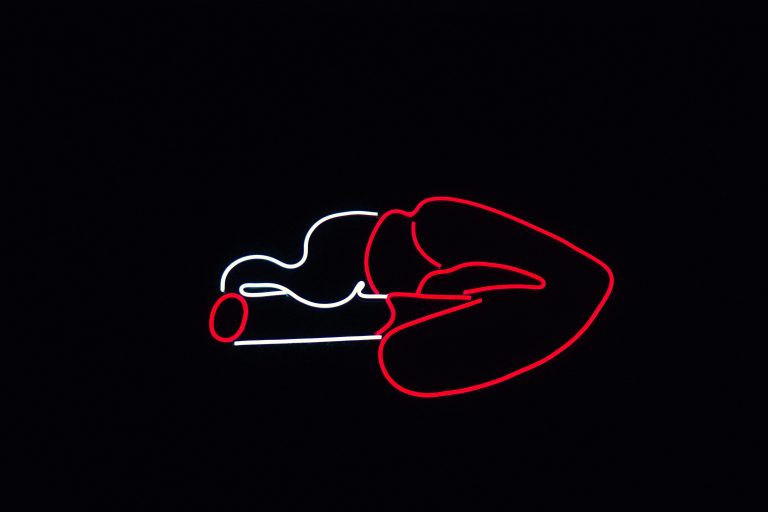Coping Mechanisms for Stress and Anxiety
Stress and anxiety are common difficulties that can significantly affect our lives. Learning healthy coping mechanisms is fundamental for maintaining emotional balance and flexibility. This extensive aide investigates different strategies to assist you with exploring stressful circumstances and advance a healthier outlook.
Introduction
Stress and tension are general encounters. Whether it’s the strain of work, individual connections, monetary worries, or medical problems, everybody experiences circumstances that trigger these sentiments. While some degree of stress can be spurring, persistent pressure and nervousness can truly affect both mental and actual wellbeing. This is where survival strategies become possibly the most important factor. These procedures can help oversee and decrease pressure, advancing in general prosperity.
What Are Coping Mechanisms?
Coping mechanisms are the strategies and methods that individuals use to oversee stress and anxiety. They can be isolated into healthy and unhealthy procedures. Healthy coping mechanisms assist with lessening stress in a supportable manner, while unhealthy ones could give transitory help yet can prompt more issues over the long haul.
Common Triggers of Stress and Anxiety
Work-Related Stress: Deadlines, weighty workloads, and clashes with partners can all add to significant stress levels.
Personal Relationships: Conflicts with relatives, companions, or accomplices can be sincerely burdening and add to anxiety.
Financial Concerns: Cash related issues, like obligation or inadequate pay, are significant wellsprings of stress for some individuals.
Health Issues:Constant sickness, injury, or health alarms can set off continuous anxiety and stress.
Effective Coping Mechanisms for Stress and Anxiety
Physical Activity
Benefits of Exercise: Actual work is a strong pressure reliever. It assists with delivering endorphins, the body’s normal state of mind lifters, and lessens levels of the pressure chemicals cortisol and adrenaline.
Types of Physical Activities
- High-impact Exercise: Exercises like running, swimming, or cycling.
- Strength Training: Lifting loads or doing bodyweight works out.
- Yoga and Pilates: These emphasis on both physical and mental prosperity.
Practicing Mindfulness: Care includes remaining present at the time and noticing your considerations and sentiments without judgment. This can lessen pressure by keeping you from getting overpowered by bad considerations.
Guided Meditation Techniques: Applications and online assets offer directed contemplation meetings that can help you start and keep a reflection practice.
Time Management
Prioritizing Tasks: Identify what should be done right away and what can stand by. This can keep you from feeling overpowered by a long plan for the day.
Setting Realistic Goals: Set forth reachable goals and break greater tasks into additional humble, more sensible advances.
Healthy Eating
Nourishing Food varieties to Diminish Stress: Food varieties wealthy in omega-3 fatty acids, like walnuts and salmon, can help with decreasing stress. wealthy in cell reinforcements, Dull chocolate, can likewise be helpful.
Significance of Hydration: Remaining hydrated is urgent as even gentle dehydration can influence your mind-set and energy levels..
Social Support
Talking to Friends and Family: Examining your concerns with believed friends or family individuals can offer profound help and new viewpoints.
Joining Support Groups: Support gatherings, both up close and personal and on the web, can connect you with others going through relative experiences.
Hobbies and Leisure Activities
Creative Outlets: Taking part in activities like work of art, composing, or playing music can be restorative.
Outdoor Activities: Investing energy in nature, whether climbing, cultivating, or simply going for a stroll, can essentially decrease feelings of anxiety.
Professional Help
Therapy and Counseling: Professional specialists can help you foster successful techniques for overseeing pressure and uneasiness.
Medication: In some cases, medication prescribed by a healthcare provider can be a useful component of stress management.
Building Resilience
Developing a Positive Mindset
Cultivating a positive outlook can help you cope better with stress. This includes focusing on your strengths and accomplishments.
Practicing Gratitude
Regularly reflecting on what you’re grateful for can shift your focus from what’s wrong to what’s right in your life.
Conclusion
Managing stress and anxiety is vital for maintaining both mental and actual wellbeing. By integrating different coping mechanisms into your everyday daily practice, you can better deal with life’s difficulties. Remember, what works for one individual probably won’t work for another, so trying various procedur;es and find what suits you best is significant.
FAQs
What are some fast coping mechanisms for guaranteed stress help?
Profound breathing activities, going for a short stroll, or standing by listening to quieting music can give quick help from stress.
How can I say whether a coping system is working?
In the event that you notice a decrease in stress levels and an improvement in your general prosperity, the coping component is reasonable viable.
Can coping mechanisms replace professional treatment?
While coping mechanisms can be very helpful, they are not a substitute for proficient treatment in the event that you have extreme or determined uneasiness or stress.
How might I urge my friends and family to take on sound coping mechanisms?
Share information, show others how its done, and support them in finding what turns out best for them.
Are there coping mechanisms intended for particular sorts of stress?
Yes, for example, exercise may be especially powerful for business related stress, while care could be beneficial for individual relationship issues.




